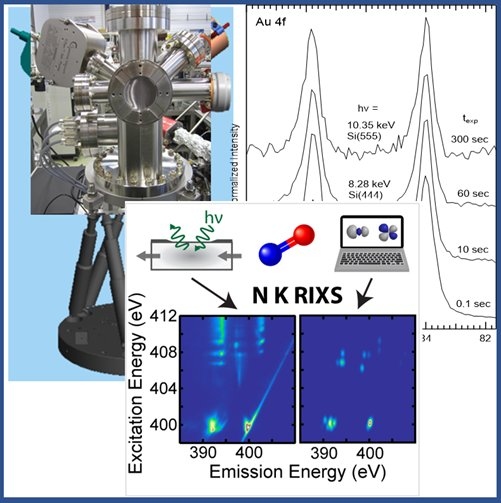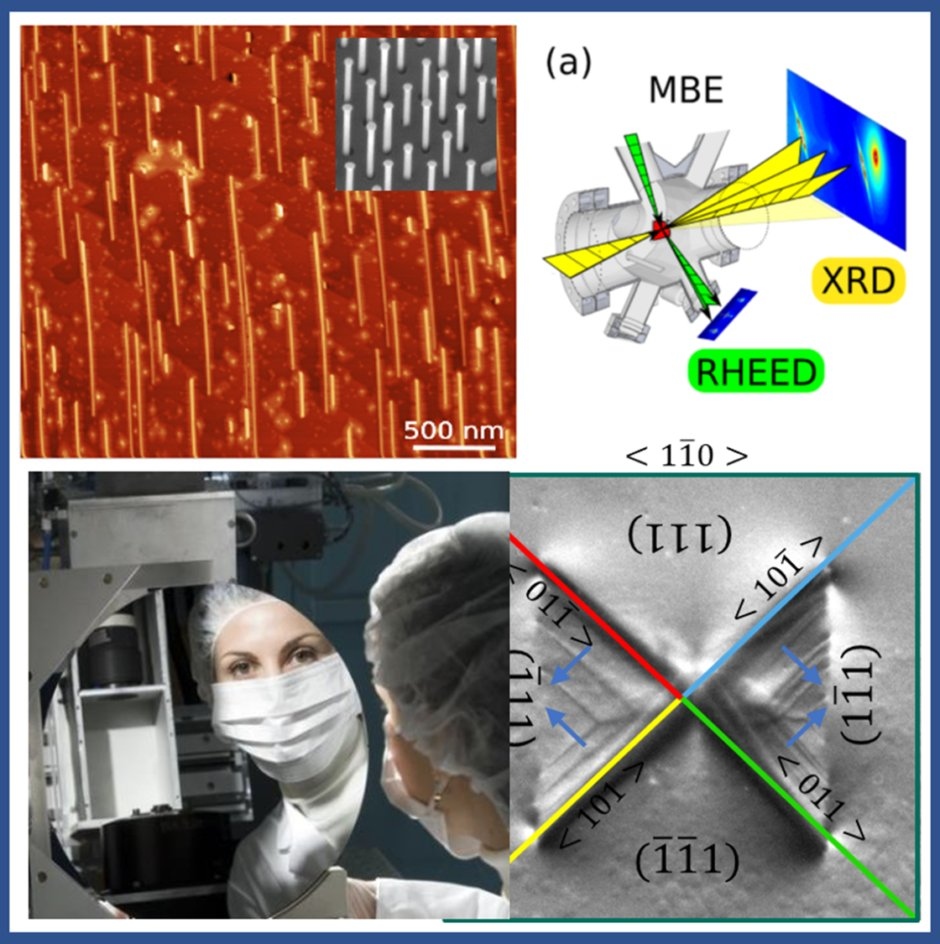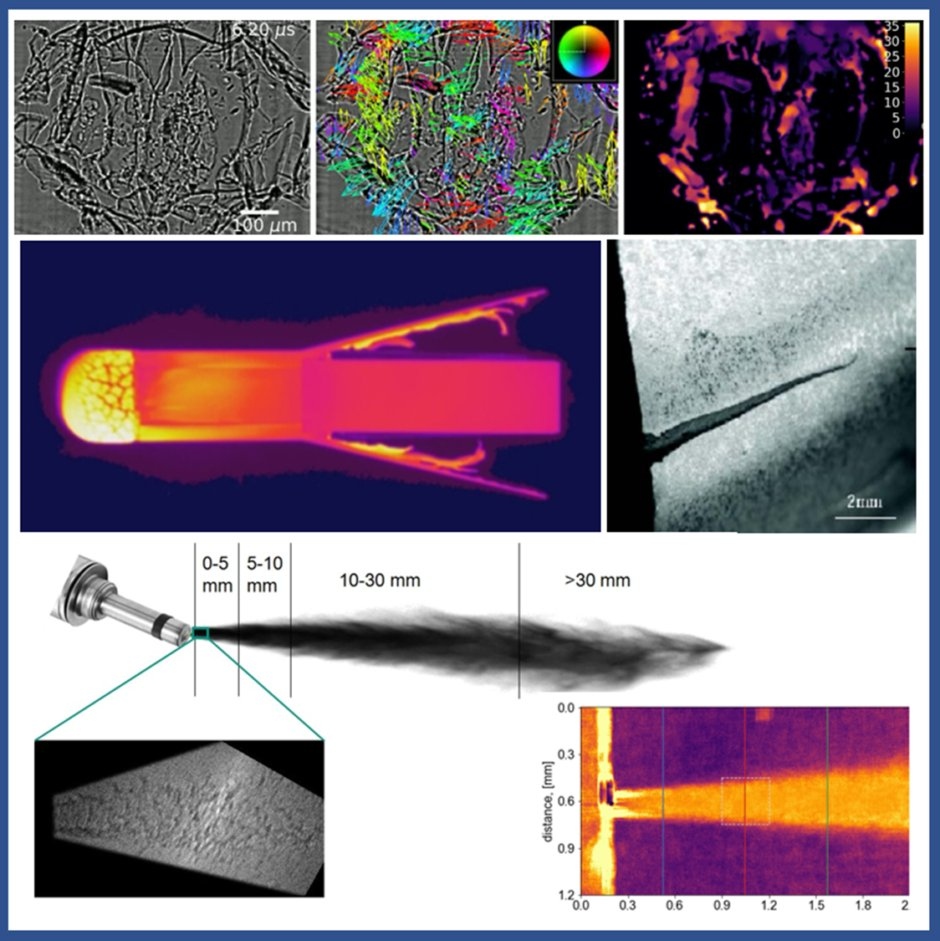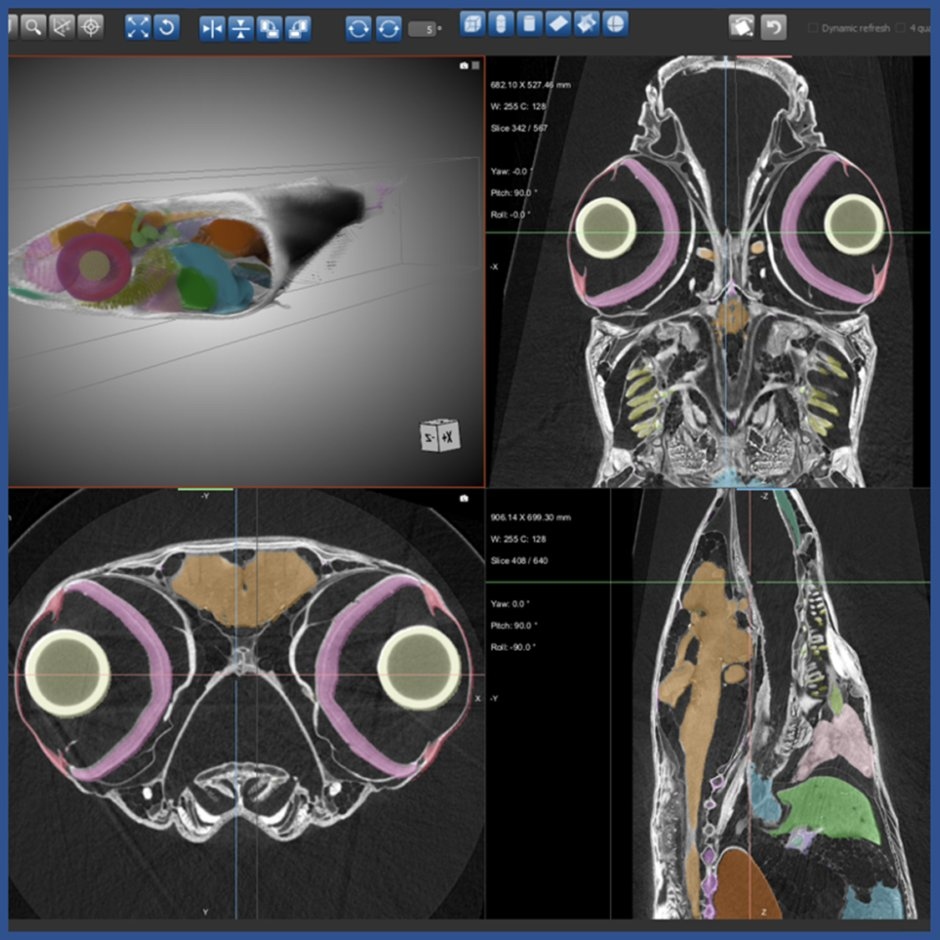Synchrotron Radiation for Materials Research and Life Sciences
Research at IPS addresses two main goals:
|
|
|
Real-world materials and processes for
|
|
For this purpose the IPS operates the three state-of-the-art SPECTROSCOPY, SCATTERING and IMAGING Clusters, which incorporate beamline and laboratory instrumentation at the KIT Light Source, together with facilities at the synchrotron sources at PETRA III, the ESRF and the ALS.
Together with KIT and international collaboration partners, current research activities address the following:
Key Research Areas

Operando hard X-ray and soft X-ray spectroscopy and complementary laboratory techniques applied to thin-film solar cells, e.g., chalcopyrites, perovskites, kesterites, Li-based batteries, catalytic materials (e.g., zeolites) for novel energy conversion devices and electrochemical processes & catalysis.

Understanding microstructure and defect evolution during fabrication and processing of thin films, nanostructures, and materials in order to tailor nanostructures for applications in microelectronics, photonics and thin-film coatings. In situ MBE, PLD, MOVPE, sputtering, and laser-processing applied to investigation of, e.g. growth dynamics of nanorods, microstructure of thin-films deposited by sputtering & PLD.
more
(Ultra)fast hard X-ray imaging of processing and performance of materials for automotive and aerospace applications. Elucidation of failure mechanisms (e.g. crack-formation through bi-axial loads & load path changes) in sheet-like structures, high-temperature pyrolysis conditions (as experienced for example during atmospheric re-entry), microfluid formation and stability in injection nozzles and capillaries.
more
Extended-scale in toto, in vivo hierarchical imaging from >200 µm down to <100 nm 3D SOC using different contrast mechanisms, high throughput data pipelines for large comparative studies (thousands per week). Optimised dose efficiency for organic materials and biological specimens, AI-based analysis, automation, segmentation, and correlation of morphology to genetic & environmental data.
more